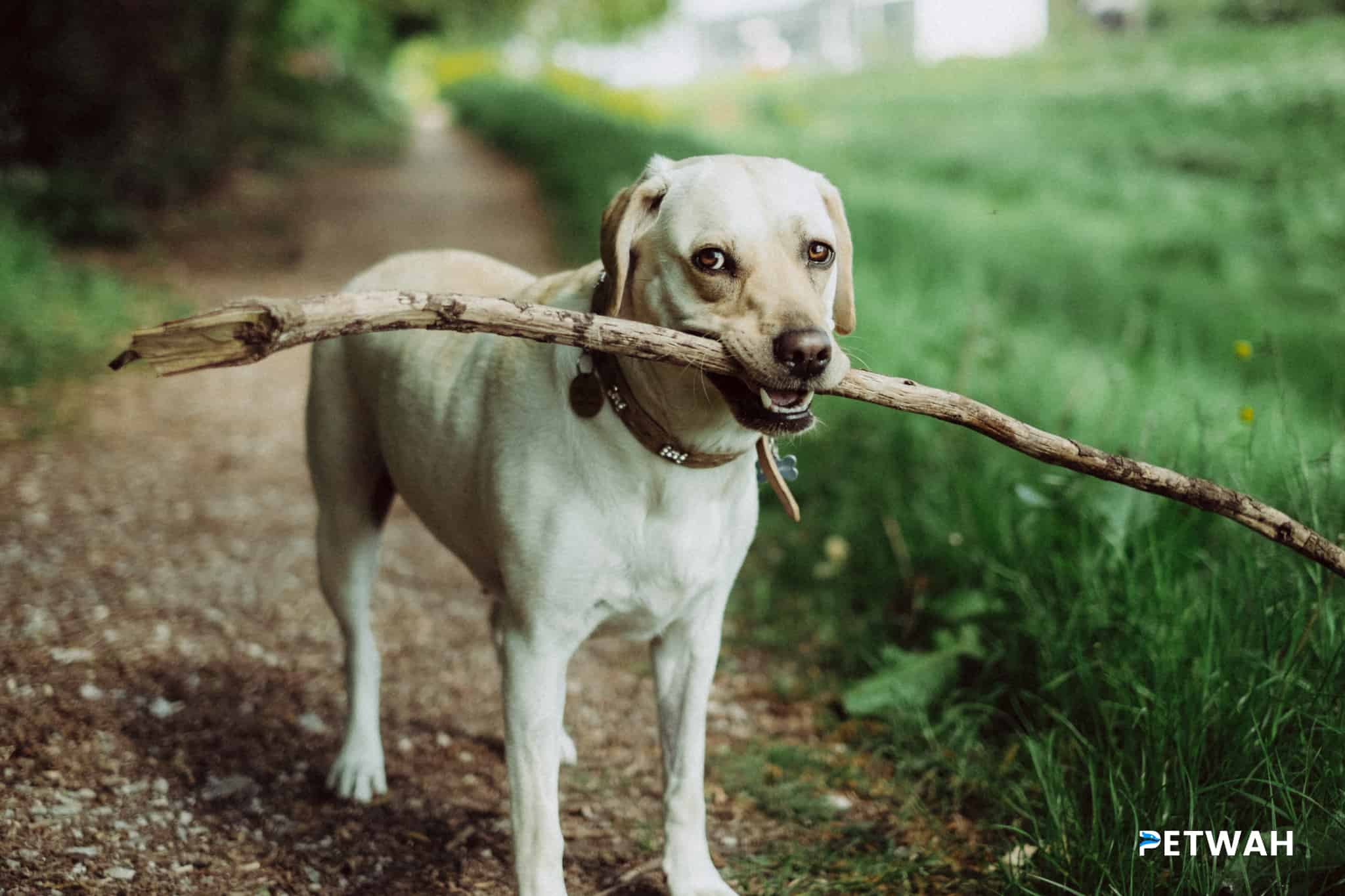German Shepherds are undoubtedly one of the most intelligent and loyal dog breeds out there. They are friendly, adaptable, and can be great companions for both individuals and families. However, if not trained properly, German Shepherds can display destructive behavior, which can be frustrating for their owners. From chewing on furniture to digging up gardens, these behaviors can be very hard to deal with. Fortunately, there are several effective ways to prevent destructive behavior in German Shepherds. In this blog post, we will explore some of the best tips and tricks to help you train your furry friend and keep them from causing any damage to your home or yard.
German Shepherds are intelligent, loyal, and loving dogs that make great companions. However, they have a reputation for destructive behavior if not trained and socialized properly. As a German Shepherd owner, it’s important to take preventative measures to ensure your furry friend doesn’t become destructive. In this blog post, we’ll discuss some tips to prevent destructive behavior in German Shepherds.
- Provide Plenty of Exercise
German Shepherds are an active breed and require a lot of exercise. If they don’t get enough physical and mental stimulation, they can become bored and destructive. Make sure your dog gets plenty of exercise every day, such as going for walks, playing fetch, or even going for a swim. This will help burn off their excess energy and keep them entertained.
- Provide Mental Stimulation
In addition to physical exercise, German Shepherds also need mental stimulation. This can include playing games, doing obedience training, or giving them puzzle toys to play with. When your dog is mentally stimulated, they are less likely to become bored and destructive.
- Socialize Your Dog
Socialization is important for all dogs, but especially for German Shepherds. They are naturally protective of their owners and can become aggressive towards strangers if not socialized properly. Socialize your dog from a young age by exposing them to different people, animals, and environments. This will help them become well-adjusted and less likely to become destructive.
- Crate Train Your Dog
.jpg)
Crate training is a great way to prevent destructive behavior in German Shepherds. When you’re not home, your dog may become anxious and destructive. By crate training your dog, you provide them with a safe and secure place to stay while you’re away. Make sure to gradually introduce your dog to the crate and make it a positive experience for them.
- Supervise Your Dog
Supervision is key when it comes to preventing destructive behavior in German Shepherds. If you can’t supervise your dog, make sure to confine them to a safe space, such as a crate or a secure room. This will prevent them from getting into trouble and causing damage.
- Provide Plenty of Chew Toys
Dogs love to chew, and German Shepherds are no exception. Make sure to provide your dog with plenty of chew toys to keep them entertained and prevent destructive behavior. Chew toys also help keep their teeth clean and healthy.
- Discipline Appropriately
Disciplining your dog is important, but it’s important to do it appropriately. Never hit or physically punish your dog, as this can cause fear and aggression. Instead, use positive reinforcement, such as treats and praise, to encourage good behavior. If your dog does something wrong, redirect their attention to something else and reward them when they behave appropriately.
Overall, preventing destructive behavior in German Shepherds requires a combination of exercise, mental stimulation, socialization, crate training, supervision, chew toys, and appropriate discipline. By following these tips, you can ensure your furry friend remains happy and well-behaved.
In conclusion, preventing destructive behavior in your German Shepherd requires patience, consistency, and a deep understanding of your dog’s unique behavior. Remember that your furry friend is a highly intelligent and active breed that needs plenty of physical and mental stimulation. By following the tips outlined in this post, you can help your furry friend channel their energy into positive activities and avoid destructive behaviors. With the right approach, training, and care, your German Shepherd can become a loyal and well-behaved companion for years to come.
Please follow us on Social Media


.jpg)
%20-%20Copy.jpg)
.jpg)

.jpg)

